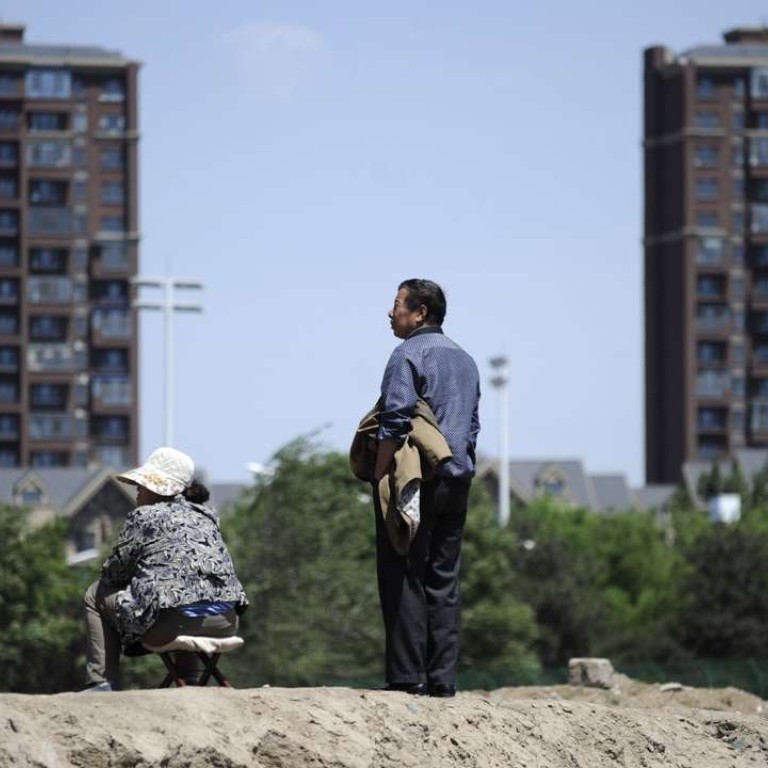
Credit ratings of mainland China property developers to remain weak
46 per cent now have negative outlook, Moody’s says
The proportion of mainland Chinese property developers with negative credit rating outlooks has hit a four-year high, with analysts predicting further financial weakness on the back of slow growth in home sales.
Almost half the mainland developers rated by international credit rating agency Moody’s Investors Service – 23 out of 50 – had negative rating outlooks by the end of last month or were listed for downgrade reviews.
The proportion of developers with a negative rating outlook increased to 46 per cent from 42 per cent in March, making it the highest since 2012, Moody’s said in a report.
“This negative bias mainly reflects our concerns that the financial and/or liquidity positions of these companies will weaken against slowing contracted sales growth, continued margin pressure, and increased risk appetite,” said Kaven Tsang, vice-president and senior credit officer at Moody’s.
Moody’s changed the outlook ratings for two property developers from stable to negative last month and downgraded one credit rating.
The expected slowdown in sales growth for the rest of 2016 will also be driven by the high base effect in the second half of 2015
The agency downgraded the credit rating of SOHO China, one of the mainland’s largest commercial property developers, to negative based on uncertainties over whether the company could “successfully ramp up its leases to improve its credit metrics” within the next 12 to 18 months against the backdrop of a slowing mainland economy.
The prime office developer posted an 87 per cent decline in net profit last year to 1.05 billion yuan (HK$1.26 billion) from 4.08 billion yuan a year earlier due to falling property sales.
A credit rating downgrade means a company’s risk of a bankruptcy is higher, making it more difficult for them to raise fresh funding and also increasing their financing costs.
The report said credit ratings were likely to remain weak for the rest of the year given narrowing gross margins as land costs continued to rise and debt leverage stayed high.
But more importantly, analysts expect sales growth across the mainland to slow in the second half of the year as a result of expected central government regulatory measures to limit house price increases in some cities.
Rising home prices in the past few months have given a boost to a market weighed down by a severe property glut.
A recovery in the real estate sector is key to the health of the mainland economy, as it accounts for more than 15 per cent of gross domestic product (GDP), and also affects other sectors.
All four first-tier cities, Beijing, Shanghai, Guangzhou and Shenzhen, posted double-digit year-on-year price increases in the first three months of the year, Moody’s said.
At least 40 major cities reported rising residential prices in March, up from 32 cities in February.
That spurred municipal governments to introduce measures in late March such as raising deposit requirements for second home buyers.
“Such measures will reduce property investment demand by reducing the number of eligible buyers, and could help moderate the property price growth there,” Tsang said. “The expected slowdown in sales growth for the rest of 2016 will also be driven by the high base effect in the second half of 2015 and the impact of policy stimulus gradually becoming less pronounced.”
Analysts expect “further policy fine-tuning” for first- and second-tier cities, but Tsang said government policies would remain supportive in lower-tier cities struggling with excess inventory as prices continued to remain sluggish.
He said gross margin pressure, a key challenge for developers’ credit quality, would persist during the year as they sold off low-margin products in low-tier city as part of their destocking strategy.

